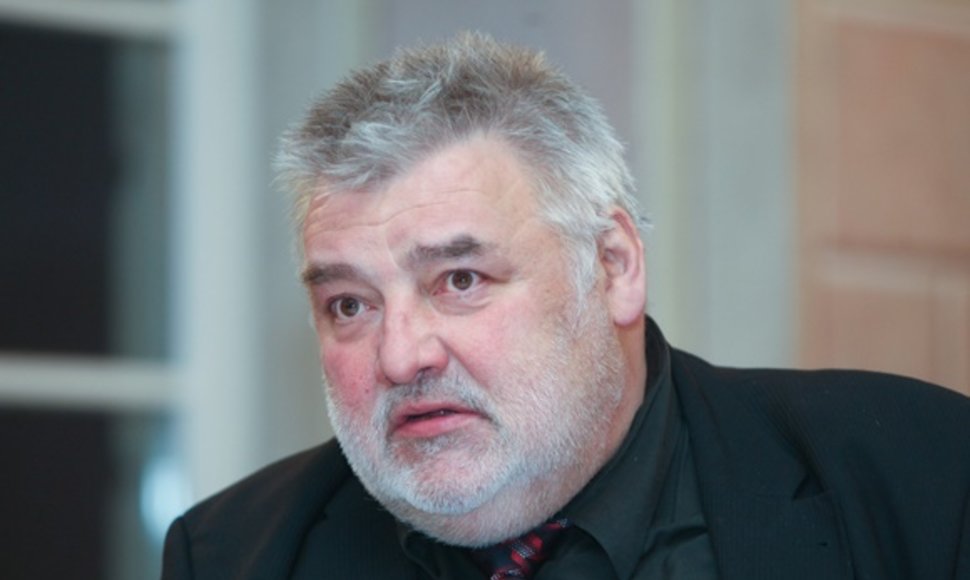"There are Belarusians who think that Lithuania has been ungrateful to Belarus. They think Lithuanians sent Belarusian academians to slap down Belarus, as the Belarusian role in the Grand Duchy of Lithuania was considerably bigger than portrayed by Lithuanians," the historian said.
Bumblauskas said Belarus' historical role in Lithuania is understated, adding that "Lithuanians are viewing the history of the Grand Duchy of Lithuania with one, not two eyes."
On the other hand, he said, "Belarus is going to an entirely different extreme" by referring to the history of Lithuania as to the Samogitian history only.
"Just imagine the Belarusian Rada convening and changing the country's name from Belarus to Litva. What would Lithuania do? What would be the response of those who are now yelling against Vytis? Just imagine – Belarusians call themselves Litva and start saying that we stole their name," Bumblauskas said.
Vytis as the national emblem of Belarus was canceled after the 1995 referendum, which fell short of international standards and was initiated by President Alexander Lukashenko. According to Bumblauskas, the Lukashenko regime has been changing its attitude towards the Grand Duchy of Lithuania lately.
"I would say four in five historians are convinced about the Belarusian character of the duchy. It long seemed that Lukashenko was curbing this. However, currently the concept has already come to official newspapers in Belarus. These are the tendencies. Lukashenko is capable of everything, he can use the concept as defense whenever he needs to," the Lithuanian historian said.
After the Grand Duchy of Lithuania expanded to the Black Sea under the rule of Duke Algirdas in 1300s, Lithuania became a dual state, covering ethnic pagan Lithuanian lands and more populated orthodox lands in Russia. A Ruthenian nation gradually separated from the Moscow Russians and later evolved into the modern Belarusian and Ukrainian nations. Furthermore, Lithuanians did not yet have a written language and they found one in the occupied lands - the Ruthenian language became the language of correspondence in the Grand Duchy of Lithuania.












